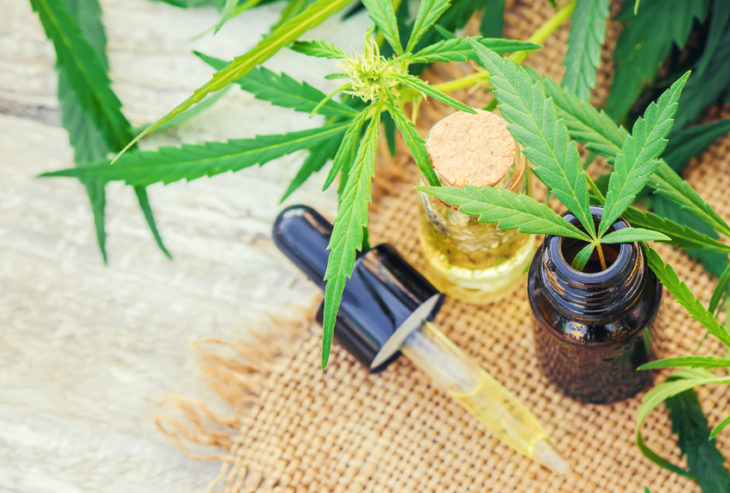CBD is one of the commonly-discussed topics that is often subject to misinformation. That may be quite natural because when people do not fully understand something new or are apprehensive about it, they tend to accept made-up information that reflects how they feel.
Fortunately, with the increasing amount of research and studies being conducted about CBD, most CBD myths are now being replaced with facts, and people are becoming more aware of how CBD works and benefits health.
It’s best to rely on experts to find more info. Meanwhile, consider some of the myths about CBD and the truth behind them.
- All CBD Products Make You High
A prevalent myth about CBD is that all products containing this substance will make you high. However, what people should know is that THC is the compound that actually gets you high, and it’s found in marijuana plants. Cannabis is a kind of plant that has the same compounds at various levels. Hemp is a type of cannabis plant that contains lots of CBD and almost no THC. So, CBD products from hemp extract will not get you high.
- CBD Is Not Legal
One of the popular myths that revolve around the CBD industry is that CBD products are illegal. Basically, the legality of CBD depends on the country you’re in. For instance, it’s considered legal in Canada if it comes from a hemp plant, which is the same case with several European countries. CBD can be processed only by authorized personnel, and has to come from a total of 40 pre-selected plants.
In the USA, it differs from one state to another and can become quite confusing. The rule is if you want to purchase from a certain state, don’t cross other state lines because it might not be well-received in some states. When it comes to the rest of the world, it’s more difficult because every country has different rules and regulations in terms of CBD usage.
- CBD Has Not Been Proven To Help Treat Health Conditions
Oftentimes, people believe that CBD has not been proven to help with various health conditions. Usually, they will claim that there is an indication that CBD could be useful in treating a number of conditions, but there is actual evidence. However, the assertion that CBD has not been proven to help any health conditions is not accurate.
According to the FDA, CBD-based medications are available for seizure disorders that are hard to treat. It is the first medication formulated with CBD to get the approval of the agency since cannabis became a Schedule 1 drug. It means that cannabis has no medical value. However, the results of the clinical trials of CBD-based medications were so compelling that the FDA approved it.
- All CBD Products Are Created Equal
Another myth about CBD is that all CBD-based products, whether full-spectrum cannabis or hemp, are the same. While it is true that CBD’s molecule is the same regardless of its origin, the end product isn’t the same. You will find some byproducts in items containing CBD that can be bad or good.
Once you use full-spectrum cannabis strain with low THC and high CBD, not only would CBD interact with THC, it’ll also interact with some active ingredients including terpenes and cannabinoids. Most people argue that CBD works great with some constituents in cannabis, which is referred to as an entourage effect. As a matter of fact, CBD may improve the THC’s therapeutic effects while reducing the effects that other patients may consider undesirable.
On the other hand, hemp-based CBD products require more base material than full-spectrum cannabis, and that can increase the contamination risk.
- High Doses Of CBD Offer Better Relief
High doses do not equate to more relief. The truth is, the opposite may hold true. Most drugs like CBD and THC have biphasic effects, which means higher doses can have the opposite effect of low doses.
For example, if you take a THC dosage that is too high, it might worsen your symptoms or may cause unwanted side effects. In terms of CBD, a high dose probably will not exacerbate your symptoms or cause undesirable side effects, but it can be less effective.
That is the reason why you will hear the term “sweet spot”. It refers to the dosage that works well for you, and this is why the majority of doctors will start at the lowest dose and increase it gradually as required when prescribing medications.
Conclusion
The research on CBD has been positive, which shows potential in terms of treating various common health disorders and issues. But, it is essential to consider that the clinical research about CBD is still not enough. As a matter of fact, most research so far has not yet reached the clinical stages and the majority of studies have been carried out using animal subjects for lab studies. However, the results from ongoing research indicate that CBD is an effective, safe, and powerful treatment for countless health conditions.


Leave a Reply